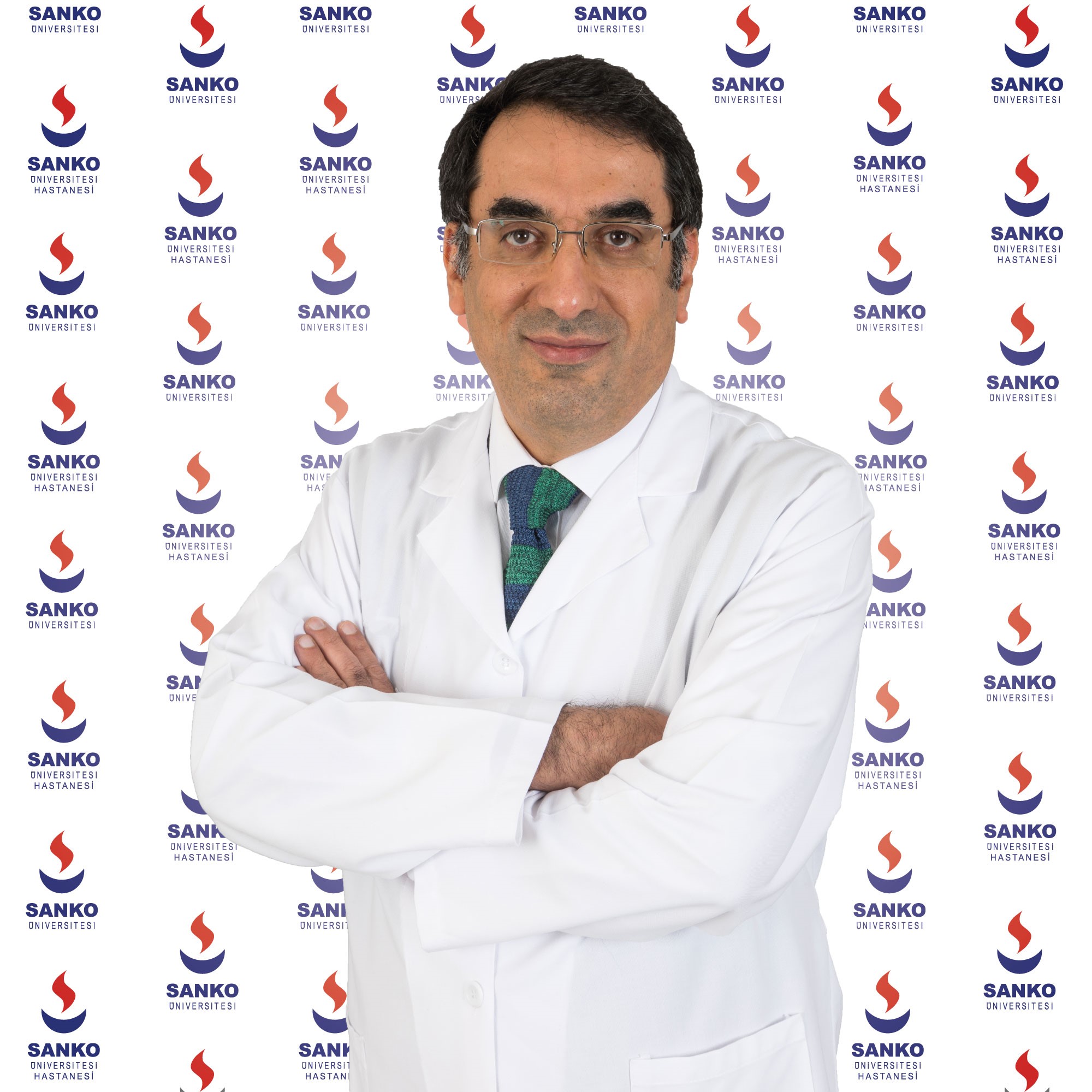
SANKO University Faculty of Medicine, Department of Internal Medicine / Endocrinology Department Prof. Dr. Mehmet Baştemir said that diabetes is a global health problem.
Prof. Dr. Baştemir, who made a statement due to November 14 World Diabetes Day, which is celebrated this year with the theme “Diabetes and Being Well”, said, “Diabetes (diabetes) is a chronic disease in which blood sugar rises due to the body's inability to produce enough insulin hormone or use it effectively.”
Emphasizing that diabetes can lead to serious complications such as heart disease, kidney failure, blindness and nerve damage, Prof. Dr. Baştemir continued as follows:
“If left untreated, diabetes reduces the quality of life and can lead to premature loss of life. Worldwide, 537 million people live with diabetes. Nearly 50 percent of patients with diabetes are undiagnosed. 3 out of every 4 people with diabetes live in low- and middle-income countries. Diabetes not only affects the health of individuals but also increases the economic burden of societies.”
Types of diabetes
Stating that there are two main types of diabetes, Type 1 and Type 2 diabetes, Prof. Dr. Baştemir reminded that Type 2 diabetes is the most common type of diabetes worldwide, triggered by factors such as genetic predisposition, obesity and sedentary life.
Diabetes and physical health
Emphasizing that diabetes is a chronic disease that requires regular blood glucose control, healthy diet, regular exercise and regular medical follow-up, and that maintaining physical health is vital to prevent complications of diabetes and improve quality of life, Prof. Dr. Baştemir shared the following information:
“Blood Sugar Control: Keeping blood glucose levels within the targeted range is the most important step to prevent long-term damage caused by diabetes. Healthy Diet: A diet with a low glycemic index and a high fiber content helps to balance blood sugar levels. Regular Exercise: Exercise improves insulin sensitivity, lowers blood sugar and improves overall health. Regular Medical Follow-up: Medical check-ups and necessary tests ensure effective management of diabetes.”
Diabetes and mental health
“Diabetes can affect not only physical health but also mental health. Depression, anxiety and stress are among the common emotional conditions in individuals living with diabetes.” Prof. Dr. Baştemir made the following suggestions:
“Stress Management: Stress can raise blood sugar. Therefore, stress management with relaxation techniques such as yoga, meditation and hobbies is important. Social Support: Family, friends and support groups play an important role in coping with diabetes. Psychological Support: Working with a psychologist or psychiatrist, if needed, can help overcome emotional difficulties.”
Diabetes and quality of life
Noting that diabetes can negatively affect the quality of life, but with the right treatment and lifestyle changes, individuals living with diabetes can also lead a healthy and happy life, Prof. Dr. Baştemir drew attention to the following points:
“Self Acceptance: Being diabetic should be accepted as a part of the identity. Setting Goals: Setting small and realistic goals increases motivation. Participating in Social Activities: Diabetes should not cause a break from social life. Making Time for Hobbies: Hobbies reduce stress and improve quality of life.”
Recommendations for diabetes and well-being
Prof. Dr. Baştemir listed the recommendations for “Diabetes and Being Well” as follows
“Getting Information: Having the right information about diabetes is important for managing the disease. Cooperate with the doctor: It is necessary to follow the doctor's recommendations and have regular check-ups. Adopting a Healthy Lifestyle: A healthy diet, regular exercise and adequate sleep are essential for managing diabetes. Getting Social Support: It is important to get support from family, friends and support groups. Making Time for Yourself: Taking time for stress management, time for hobbies and rest are essential.”
İHA Haber Kodu: 20241113AW328068